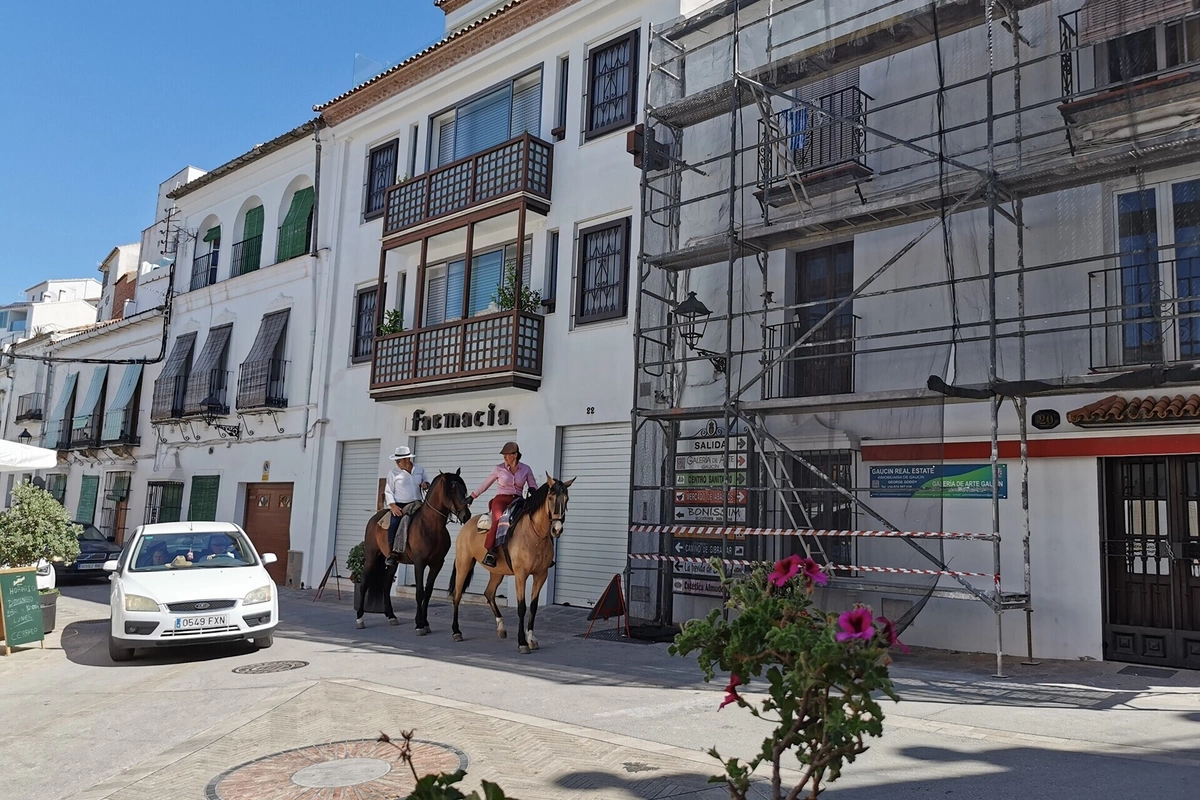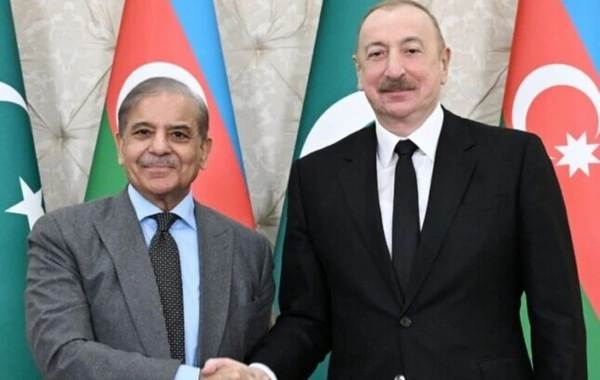In Spain and Portugal, they are restoring power supply and searching for the cause of the massive blackout

After a massive blackout that plunged the Iberian Peninsula into darkness on Monday, Spain is rapidly restoring power supply. According to the national grid operator Red Eléctrica de España (REE), by 4 am on Tuesday, electricity had been restored to 87.37% of the mainland territory.
The previous evening, Prime Minister Pedro Sanchez delivered a televised address, reporting that power supply had been restored to half the country. "The task is to continue restoring supply in the coming hours," emphasized the head of government. However, he did not specify exact timeframes for full system recovery and warned that some workers would have to stay home on Tuesday.
The exact cause of the massive power outage affecting Spain and Portugal remains a mystery. Portuguese Prime Minister Luis Montenegro stated that the source of the problem "is probably located in Spain." In turn, Sanchez noted that authorities are thoroughly examining all versions.
"All possible causes are being analyzed, I emphasize, no hypothesis, no possibility is being ruled out," said the Spanish prime minister.
The outage began shortly after noon on Monday, affecting cities across the mainland. The Balearic and Canary Islands were not affected. According to Sanchez, about 15 gigawatts of electricity - more than half of the power being consumed at that moment - "suddenly disappeared" within five seconds.
Portuguese authorities put forward a theory about a rare atmospheric phenomenon related to temperature fluctuations. Portuguese energy company REN reported that the disruptions were the result of "a malfunction in the Spanish power grid" and explained: "Due to sharp temperature fluctuations in central Spain, abnormal oscillations occurred on ultra-high voltage lines (400 kV) - a phenomenon known as 'induced atmospheric vibrations.'"
European Council President António Costa assured that there are currently no signs of a cyberattack.
In Madrid, many businesses, shops, and restaurants were plunged into darkness. Internet service was cut off in many places. Non-functioning traffic lights caused traffic jams in the center of the Spanish capital.
Spanish national railway company Renfe reported that at 12:30 local time, "the entire national power grid of the country was disconnected." "Trains stopped" and "were not departing" at all stations. The Madrid Metro also suspended operations.
Even the annual Madrid Open tennis tournament had to be suspended - British tennis player Jacob Fearnley was forced to leave the court.
In Portugal, the situation was no better: traffic lights were not working, the metro in Lisbon and Porto closed, and rail service stopped. Due to the power outage, card payments ceased to be accepted, and lines formed at ATMs.
French power system operator RTE reported that it is helping to supply electricity to the Spanish grid. The company stated that it has already restored 700 MW of power for Spain's needs and is ready to increase the volume of assistance as soon as the Iberian Peninsula's power system can accept more.
Spanish grid operator Red Electrica began restoring power supply in the north and south of the country. Spain's Ministry of Interior declared a state of emergency to help regions left without electricity.
Residents are gradually adapting to the situation. A Spaniard from the municipality of Val de Uxó told the BBC that his mobile phone signal was not working for about two hours, which caused concern as he could not get fresh news. When the connection was restored, he, like other local residents, decided to take advantage of the unusual situation and went to sit in an outdoor café.
Similar News
# Leaders of the USA and China discussed the Russian-Ukrainian conflict and the situation around Iran
US President Donald Trump announced that during a telephone conversation he discussed the Russian-Ukrainian conflict and the situation around Iran with Chinese...



 Azərbaycanca
Azərbaycanca  По-русски
По-русски  English
English 






